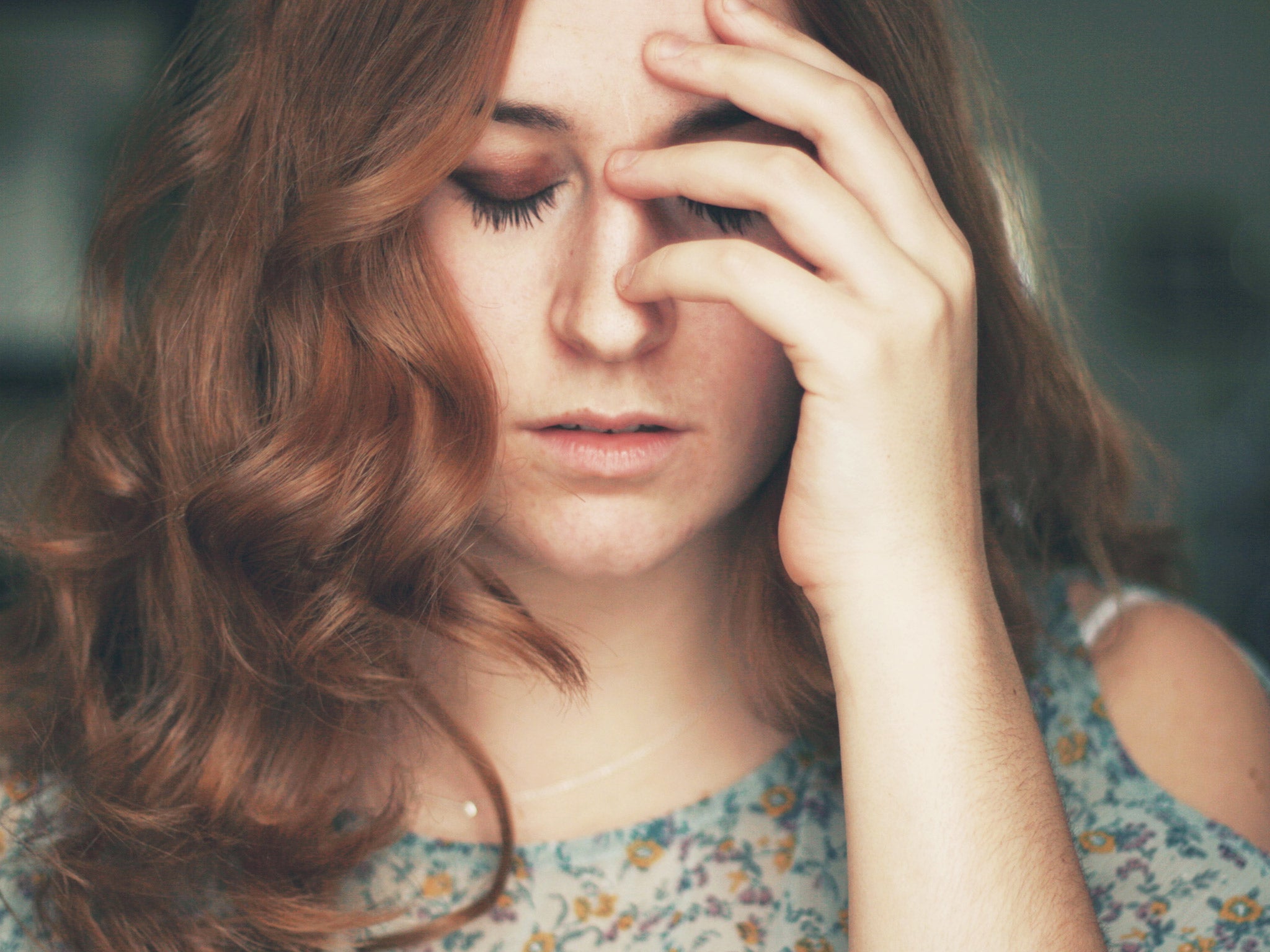Depression not governed by genes and environment is a major factor when it comes to being happy, claims new study
Findings could lead to new antidepressant medications

Your support helps us to tell the story
From reproductive rights to climate change to Big Tech, The Independent is on the ground when the story is developing. Whether it's investigating the financials of Elon Musk's pro-Trump PAC or producing our latest documentary, 'The A Word', which shines a light on the American women fighting for reproductive rights, we know how important it is to parse out the facts from the messaging.
At such a critical moment in US history, we need reporters on the ground. Your donation allows us to keep sending journalists to speak to both sides of the story.
The Independent is trusted by Americans across the entire political spectrum. And unlike many other quality news outlets, we choose not to lock Americans out of our reporting and analysis with paywalls. We believe quality journalism should be available to everyone, paid for by those who can afford it.
Your support makes all the difference.Depression is not governed by genes, according to a new study that says our environment is a major factor when it comes to being happy and that nurture can override nature.
Even when rats are bred to be a bit on the down side, they still cheer up after the rodent equivalent of psychotherapy.
The study also found that rats bred for depression and rats that were depressed due to their environment showed changes in the levels of entirely different blood markers for depression.
Being able to differentiate between the two types of depression could eventually lead to more precise treatment with medication or psychotherapy, US academics from Northwestern University Feinberg School of Medicine said.
Their work, published on Tuesday in the Nature journal Translational Psychiatry, provides hope for people who think they might be naturally predisposed to depression due to family history and offers more hope sufferers can be treated.
Rats used in the study had been bred for depression-like behaviour for 33 generations and showed extreme despair.
“You don’t have people who are completely genetically predisposed to depression the way the rats were,” Eva Redei, a Professor of Psychiatry and Behavioural Sciences, said. “If you can modify depression in these rats, you most certainly should be able to do it in humans.”
The team wanted to see if they could alter the rats’ genetically caused depression by changing their environment. They took the depressed rats and put them in large cages with lots of toys to chew on and places for them to hide and climb - a “Disneyland” for rats - for one month.
“We called it rat psychotherapy,” Professor Redei said, “because the enrichment allows them to engage with the environment and each other more.”
After the playground psychotherapy, the rats’ depressive behaviour was dramatically reduced. They were then placed in a tank of water to see how they behaved.
The control rats swam around, looking for a way to escape whereas depressed rats simply float, showing despair behaviour. After the month in the playground, the genetically depressed rats energetically paddled around the tank, looking for an exit.
“They did not show despair,” Professor Redei said.
The scientists also found the non-depressed control group of rats, who underwent a psychologically stressful situation which involved being restrained two hours a day for two weeks, floated when placed in the tank of water and did not try to escape. After the environmental stress, some of the blood biomarkers for depression changed from non-depressed levels to levels seen in genetically depressed rats.
Professor Redei’s team now want to find out if the biomarkers actually cause behavioural changes in response to the environment, which could lead to new antidepressant medications.
Join our commenting forum
Join thought-provoking conversations, follow other Independent readers and see their replies
Comments